White House national security advisor John Kirby on Friday said the funds from a sanction waiver extended this week by the Biden administration to permit Iraq to purchase energy from Iran will not go to its "mullahs."
"None of this money goes to the mullahs. None of this money goes into Tehran. The sanctions relief that is provided actually goes to vendors that provide humanitarian assistance to the Iranian people," he told Fox News White House correspondent Jacqui Heinrich, during a Friday press briefing. "Not only do the Iraqi people not suffer because of this, the Iranian people aren't going to suffer because of this."
"That allows for Iraq to be able to work its way off of Iranian energy so that they can keep the lights on," Kirby said.
The Biden administration on Thursday came under criticism after it again extended a sanction waiver despite repeated pushback from those concerned that Iran could misuse the funds.
In an email to Fox News Digital, a State Department spokesperson said, "Under these waivers, no money has been permitted to enter Iran."
BIDEN ADMIN UNDER PRESSURE TO STOP BILLIONS OF DOLLARS IN SANCTIONS RELIEF TO IRAN
"Money goes straight to the trusted vendor or financial institution in another country. The money never touches Iran," the spokesman added in reference to the reported $10 billion in Iraqi payments held in an escrow account.
The extension was renewed just six weeks after three U.S. service members were killed in Jordan, and more than 30 others injured, in a drone attack by Iran-backed militia in Iraq.
Despite the administration’s assurances that the sanction waiver has not enabled Tehran to access direct funds, critics of the move remain skeptical.
"This waiver helped subsidize the murder of three American soldiers in Jordan and non-stop attacks on the U.S. Navy and American-owned ships in the Red Sea," Richard Goldberg, a Senior Advisor with the Foundation for Defense of Democracies said in a statement on Thursday. "Continuing to give Iran access to billions will only further fuel terrorism, missile proliferation and nuclear escalation."
Iranian President Ebrahim Raisi brought renewed criticism to the waiver after a September agreement that saw the release of five American prisoners in exchange for five Iranian citizens and Washington's unfreezing of $6 billion in Iranian oil assets previously locked up under U.S. sanctions.
ISRAEL'S ‘SWORN ENEMY’ HEZBOLLAH TELLS IRAN IT WOULD FIGHT ALONE IF CONFLICT ESCALATES
In a claim during an NBC interview, Raisi said the funds would be used "wherever we need it."
"This money belongs to the Iranian people, the Iranian government, so the Islamic Republic of Iran will decide what to do with this money," Raisi told NBC’s Lester Holt. "Humanitarian means whatever the Iranian people needs, so this money will be budgeted for those needs and the needs of the Iranian people will be decided and determined by the Iranian government."
A spokesperson for the State Department told Fox News Digital on Thursday that the funds incurred under Iraqi energy imports are held in "restricted accounts" that can only be used "for the purchase of food, medicine, medical devices, agricultural products, and other non-sanctionable transactions."
"There is no ‘sanctions relief’ in the Iraq electricity waiver," the spokesman added. "Any suggestion that this waiver sends money to Iran, to support its terrorism or for any other reason, is wholly inaccurate."
The sanction waiver has remained a continuing practice since the Trump administration first implemented it as Iraq looks to cut its energy reliance on Iran.
Iraq has reportedly cut its dependence on Iranian energy imports by more than half since 2020.
The Associated Press contributed to this report.

 German (DE)
German (DE)  English (US)
English (US)  Spanish (ES)
Spanish (ES)  French (FR)
French (FR)  Italian (IT)
Italian (IT)  Macedonian (MK)
Macedonian (MK)  1 year ago
81
1 year ago
81
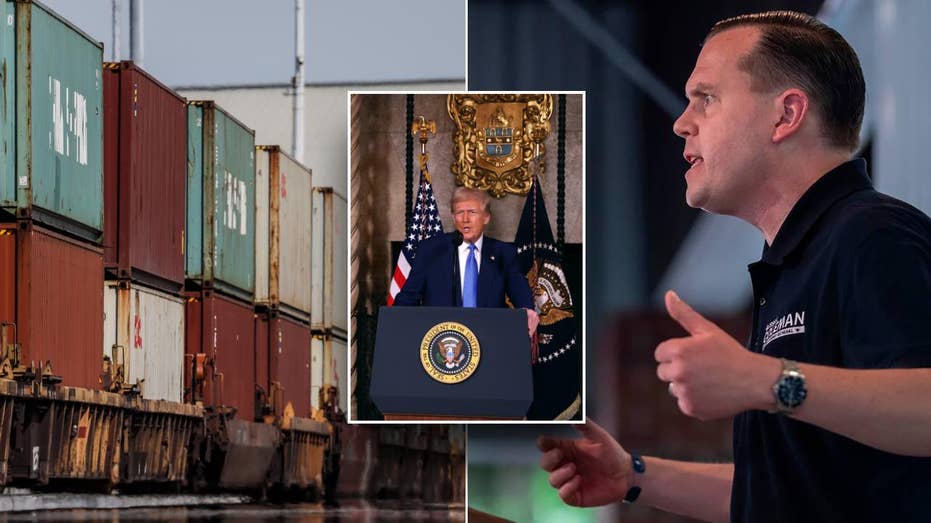

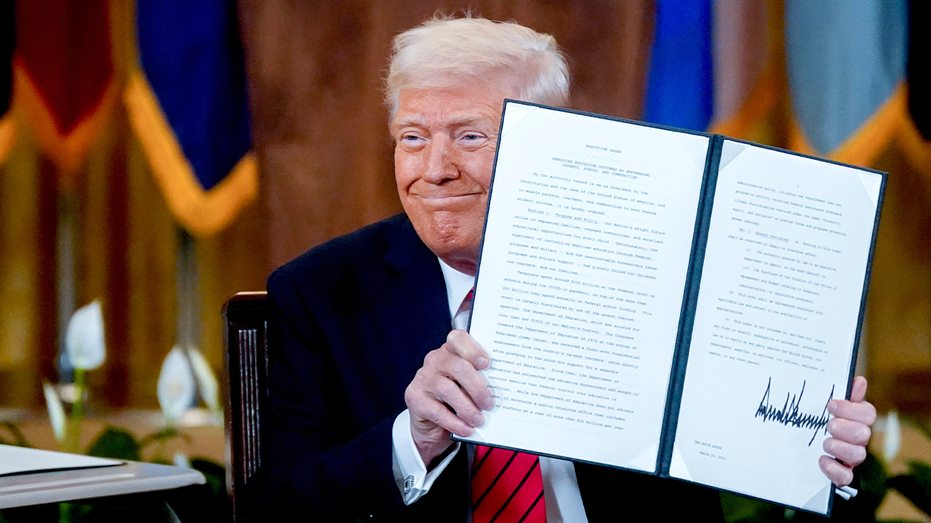
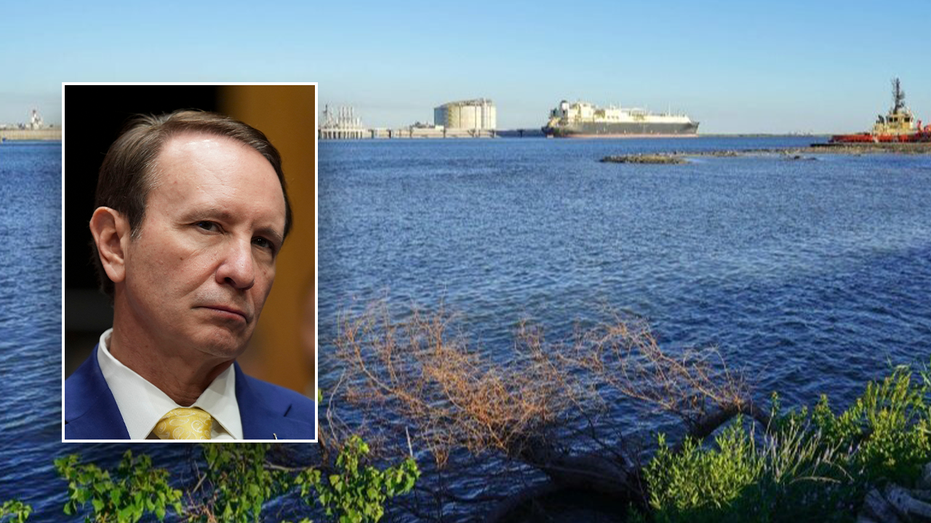
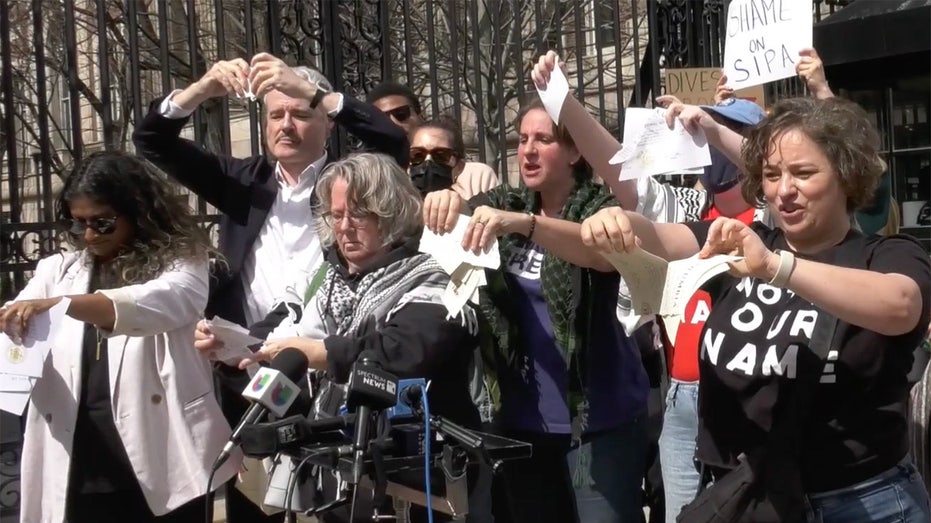


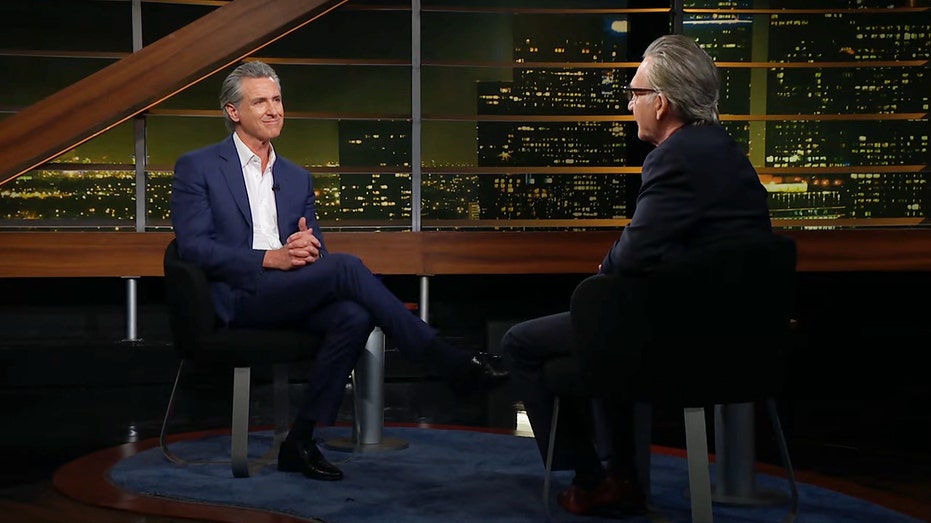
Comments